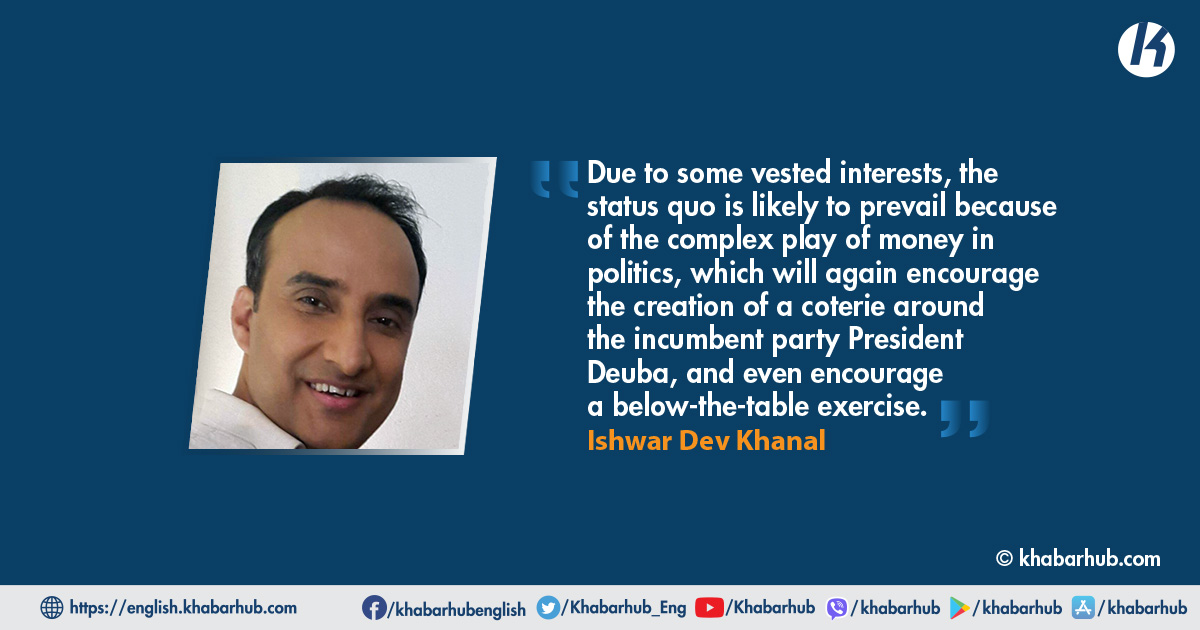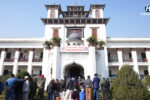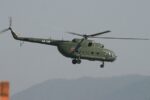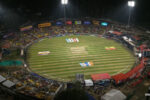KATHMANDU: It’s no surprise that the recently concluded General Convention of Nepali Congress (NC) shows that Nepalis are largely disappointed with the same choices and same old faces, barring quite a few.
Young people were looking for a change this time — a generational change in leadership.
Some people said nothing substantive came out of it; some said it was frustrating as the status quo is going to prevail, and the delegates’ choice seriously lacked a succession plan that encouraged the same old pattern of a coterie around party President Sher Bahadur Deuba – an already tested leader and a Prime Minister.
Take for instance what political analyst Arun Kumar Subedi has to say: “The current trend shows that the Nepali Congress party’s affinity and friendliness toward Communist parties is sure that the party is heading to a ruinous future.”
The previous paragraph has nothing to do with newly-elected General Secretaries Gagan Thapa and Bishwo Prakash Sharma, and party Vice President Dhanraj Gurung as they are the exception because they fought and came out victorious realizing that nothing comes without a fight.
Out of frustration with the unaccountability of the previous leadership, they gave a big push and succeeded to protect the country’s oldest democratic party’s internal democracy.
NC is definitely an important building block in Nepal’s democracy and political system. Organizationally, this party has definitely developed a comprehensive institutional infrastructure but still keeps on suffering from many weaknesses such as frivolity, elitism at times, and lack of meaningful engagement with the people and voters.
I repeat. Most of the candidates who contested the recently-concluded General Convention of the party aren’t new.
Just roll back to December 2021, when party central member Dr. Shekhar Koirala made an audacious bid for party leadership. Eventually, Deuba prevailed. But the political drama that the people witnessed was relegated to political oblivion.
Due to some vested interests, the status quo, I repeat, is likely to prevail because of the complex play of money in politics, which will again encourage the creation of a coterie around the incumbent party President Deuba, and even encourage a below-the-table exercise.
However, the political leadership will, on paper, swear by good behaviors like they did in the past.
And, even more interestingly, when Deuba got to the helm once again defeating his rival candidate Dr. Shekhar Koirala, NC cadres gave thunderous applause despite his occasional indecipherable oration.
The NC had five candidates – Sher Bahadur Deuba, Dr. Shekhar Koirala, Prakash Man Singh, Bimalendra Nidhi, and Kalyan Shrestha — in the fray, not exactly divided by ideology but had differences. They were also not united in the dotage as Deuba was the only septuagenarian.
If other candidates other than Deuba had won the race, each one of them, barring Gurung, would not have become a “youth” party president anyway.
This is the mystery, speciality and flavor of the country’s oldest democratic party. I would conclude that there are, perhaps, many weird reasons for NC delegates to prefer “elderly and experienced” candidates to “younger and inexperienced” ones.
(This does not imply Gagan Thapa, Biswaprakash Sharma and Gurung).
Or, if I say maybe it is the lack of youth’s disengagement from NC politics, I will be wrong again since there are competent youth leaders in the party.
Yes, NC delegates have outvoted most of the younger ones this time, which is not surprising because a leader like Deuba, who has struggled and contributed to the party and the nation, is accustomed to giving a familiar surprise because NC delegates knew very well that the country’s future is not in the hands of novices but the hands of the elderly generation like him.
Moreover, to recall the astrologer’s prediction, he still has two more terms to become a PM.
NC is definitely an important building block in Nepal’s democracy and political system. Organizationally, this party has definitely developed a comprehensive institutional infrastructure but still keeps on suffering from many weaknesses such as frivolity, elitism at times, and lack of meaningful engagement with the people and voters.
Several of the party cadres are leader-centric, and are even alleged of being clientelistic.
Most importantly, being a democratic party, factionalism exists as the rank and file seem to be clientelistic loyalties resulting in selfish cleavage due to which the party can even lose its “historic” identity of a democratic party.
Come what may; but young leaders like Thapa, Sharma and Gurung came, saw and conquered!









Comment